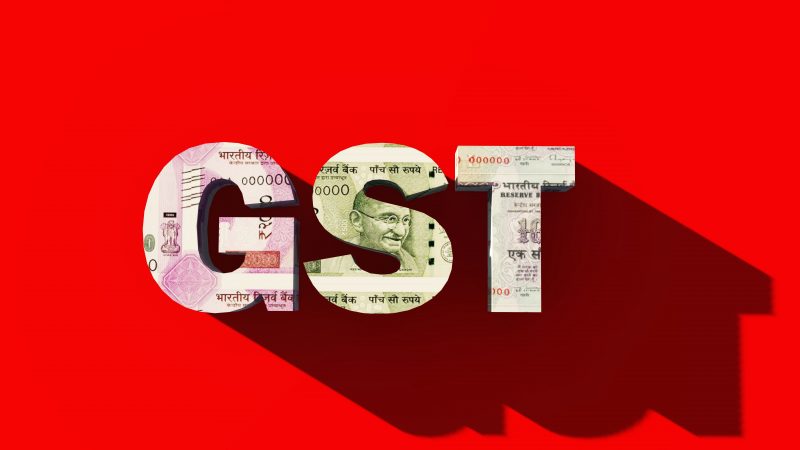The Central Board for Indirect Taxes and Customs (CBIC) has come up with a new revenue stream to compensate for the GST collection deficit and is looking to raise as interest around Rs 46,000 crores
If we read through Section 50 of CGST Act, it says that interest liability is to be paid on the tax liability which was paid late, either through cash or through the use of input tax credit (ITC). In other words, interest is to be paid on the total tax liability amount, as shown in Form GSTR-3B.
Given the above, the GST officers are asked to examine the issue personally and urge field formation under their jurisdiction to recover the relevant interest from identified taxpayers who did not discharge the interest liability and to provide GSTIN’s weekly report regarding the recovery of interest.
The office of Special Secretary and Member, CBIC wrote a letter to all the principal chief commissioners and central tax commissioners, informed that the GST law places the onus on the taxpayers to calculate and pay the interest whenever there is a delay in payment of tax.
According to the letter, on 1 February 2020, the Principal ADG (systems) created and shared the GSTIN-wise list of registered persons who failed to discharge interest liability while submitting their GSTR-3B returns late. Based on this report, it was observed that the interest amounting to approximately Rs 45,996 crores remains unpaid to the government due to delayed tax payment.
The report was shared on the SFTP portal to begin the recovery process of such unpaid interest as provided for in section 79 read in section 75(12) of the CGST Act. The field formations raised doubts as to whether the interest is owed on the gross tax liability or the net liability.
When we observe provisions of section 79 of the CGST Act with section 75(12), the interest payable on delayed payment of tax may be recovered following different methods by which the GST officer shall proceed to recover any sum payable to the government.
Interest levies will prompt major lawsuits with taxpayers opposing the proposal. Few tax experts are challenging the amount that the government had offered to treat taxpayers by waiving penalties and interest for filing their tax returns at the time of migration to the new indirect tax regime. Furthermore, it has now resorted to stringent measures to raise its tax collections.
Few taxpayers said that the move was against the taxpayers who were promised hand-holding and assistance when the GST was rolled out and also it is demotivating. If at all, the government wants to charge interest on overdue tax payment, it should be on net tax liability, not gross tax liability. Even the tax officers have expressed concerns after received the communication about how the amount of interest on late payment of tax arrived.
For any clarifications/feedback on the topic, please contact the writer at dvsr.anjaneyulu@cleartax.in
DVSR Anjaneyulu known as AJ, is a Chartered Accountant by profession. Loves to listening to music & spending time with family and friends.





